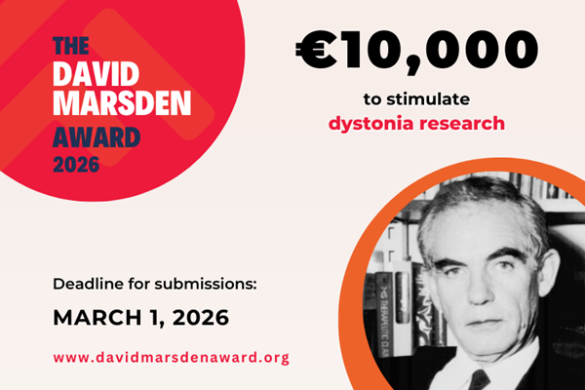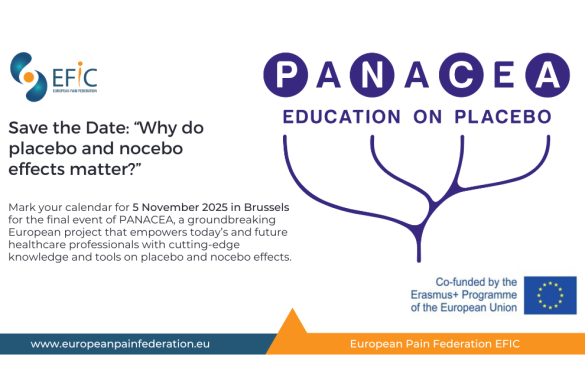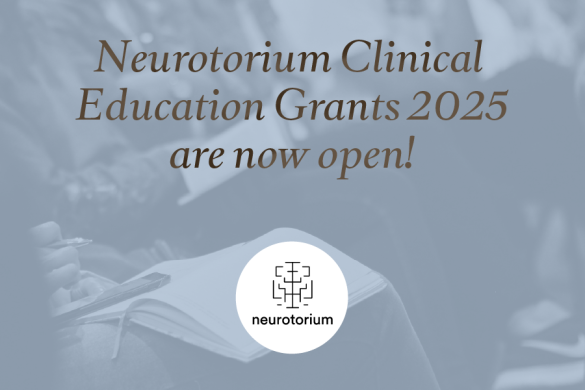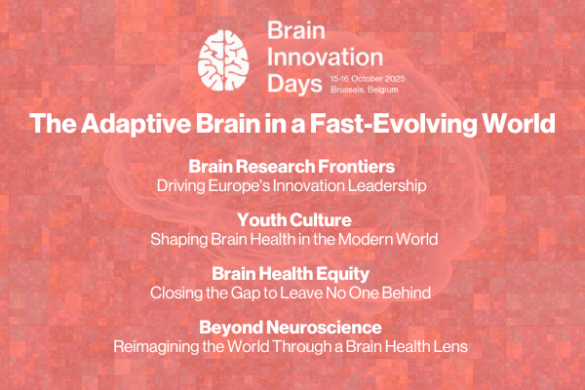Research faces EU institutional changeover, but received agreement on Horizon Europe
 On 27 March, the European Parliament and the Council reached an agreement on the EU’s future framework programme for research and innovation, the Horizon Europe. The common understanding lays down the objectives and the structure of the programme, the ways in which the it will be funded and the rules on how the funding will be provided. Regarding the missions, the agreed text sets out more detailed conditions and provides a list of areas for possible missions and partnerships.
On 27 March, the European Parliament and the Council reached an agreement on the EU’s future framework programme for research and innovation, the Horizon Europe. The common understanding lays down the objectives and the structure of the programme, the ways in which the it will be funded and the rules on how the funding will be provided. Regarding the missions, the agreed text sets out more detailed conditions and provides a list of areas for possible missions and partnerships.
The five mission areas are:
- Adapting to climate change, including societal transformation
- Cancer
- Healthy oceans, seas, coastal and inland waters
- Climate-neutral and smart cities
- Soil health and food
Other eight areas of European Partnerships were proposed which includes healthcare: ‘Faster development and safer use of health innovations for European patients, and global health’.
The agreement states that Member states will have the final say in deciding the research and innovation priorities, while the provisions on widening participation are now highly encouraged. The text does not include provisions on allocated budget yet, as an overall agreement on the next EU multiannual financial framework (MFF 2021-2027) is still to be reached. Further negotiations with the new European Parliament will take place likely to begin in Autumn 2019. These negotiations will also need to take into account the future overall agreement on the multiannual financial framework for 2021-2027.
The current Parliament wants to increase the Horizon Europe budget to €120 billion but Member States can easily push back and so far, Sweden, France and Germany don’t seem receptive to increasing their EU budget. The European Commission initially proposed a budget of 7.7 billion euros for the health cluster, but the final number is still to be decided.
Carlos Moedas, the EU Commissioner responsible for research and innovation said he would begin recruiting the missions’ advisory boards and planning the partnerships after the final plenary vote on adopting the agreement, which took place on 17 April.
The newly elected European Parliament will need to negotiate the most sensitive part of the proposal, the budget. Luckily, the two Rapporteurs Christian Ehler (EPP, Germany) and Dan Nica (S&D, Romania), the authors of the Parliament’s position, are re-running for and MEP position in May. Other key MEPs, influential in research policy are also standing for re-election such as the Chair of the Industry, Research and Energy Committee, Jerzy Buzek (EPP, Poland).
Science Business has put together a useful list of MEPs who will participate in the next European elections.













